Embarking on a journey into the fascinating realm of true crime podcast research can be both thrilling and challenging, especially for budding researchers. Beyond honing your investigative skills and delving into the intricacies of criminal cases, there’s one aspect that can significantly shape your success in this field: building a professional network.
Why is Building a Network Crucial?
In the landscape of true crime podcasting, your network can be a powerful asset. It extends beyond a simple list of contacts; it’s a web of relationships that can offer guidance, collaboration opportunities, and a support system for your journey as a researcher. Here’s why building a professional network is key:
- Access to Expertise: True crime cases often involve complex legal, forensic, and psychological aspects. Having a network of professionals in these fields can provide invaluable insights. Lawyers, forensic experts, and psychologists may offer perspectives that enhance the depth and accuracy of your research.
- Collaborative Opportunities: Podcast production is a collaborative endeavor, and your network can be a source of potential collaborators. Whether it’s connecting with fellow researchers, writers, or podcast producers, a robust network opens doors to collaborative projects, enriching your skill set and expanding your reach.
- Mentorship and Guidance: In the early stages of your true crime podcasting career, having mentors can be immensely beneficial. Seasoned researchers and podcasters can provide guidance, share their experiences, and offer advice on navigating challenges specific to the true crime genre.
- Access to Resources: Your network can be a valuable source of resources, from research materials and databases to specialized tools and software. Being part of a network allows you to tap into a collective pool of knowledge and assets, enhancing the efficiency and effectiveness of your research.
Strategies for Building a Professional Network
Now that we understand the importance of building a network, let’s explore some practical strategies for beginners to initiate and grow their professional connections in the true crime podcasting world:
- Attend Industry Events: True crime podcasting conferences, workshops, and networking events are treasure troves for budding researchers. Attendees often include professionals from various aspects of podcast production. Seize the opportunity to engage in conversations, ask questions, and exchange contact information.
- Utilize Online Platforms: Joining online communities and forums dedicated to true crime podcasting is an excellent way to connect with like-minded individuals. Platforms such as Reddit, Twitter, and LinkedIn have active communities where you can participate in discussions, seek advice, and connect with professionals in the field.
- Reach Out to Podcasters: Don’t hesitate to reach out to established true crime podcasters whose work you admire. Express your interest, share your goals, and inquire about potential collaboration or mentorship. Many podcasters are open to supporting and guiding newcomers in the industry.
- Participate in Podcasting Groups: Platforms like Facebook host groups specifically for podcasters. Joining these groups allows you to engage with individuals at various stages of their podcasting careers. Share your experiences, seek advice, and offer support to others—these interactions can lead to valuable connections.
- Offer Your Skills: As a beginner researcher, you may not have an extensive network, but you do have valuable skills. Offer your research services to podcasters in need. This not only provides you with practical experience but also introduces you to professionals who may become part of your network.
Nurturing and Sustaining Your Network
Building a network is not a one-time effort; it’s an ongoing process of nurturing relationships. Here are some tips for sustaining and growing your network over time:
- Stay Engaged: Actively participate in conversations, both online and offline. Share your insights, ask questions, and stay informed about industry trends.
- Express Gratitude: When someone in your network provides assistance or guidance, express your gratitude. A simple thank-you goes a long way in building positive relationships.
- Be Genuine: Authenticity is key in networking. Be genuine in your interactions, share your passion for true crime podcasting, and let your personality shine through.
- Follow Up: After attending events or connecting with professionals, follow up with a personalized message. This reinforces the connection and opens the door for future collaborations.
In conclusion, for beginner researchers entering the true crime podcasting world, building a professional network is not just a recommendation; it’s a strategic imperative. Your network can be a source of knowledge, inspiration, and collaboration that propels your career forward. So, step into the community, connect with fellow enthusiasts, and watch how your network becomes an invaluable asset on your true crime podcasting journey. Remember, in the world of podcasting, connections can be as crucial as content.


